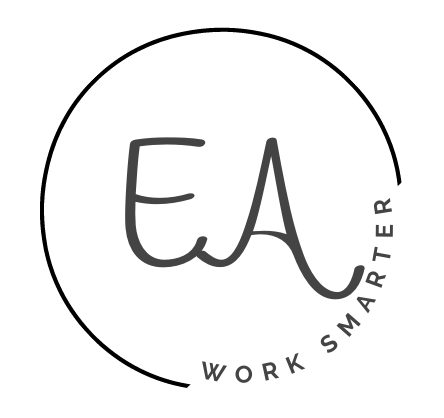It’s report card writing time, and you’re seeking report card comments for phonics instruction.
Drafting report card comments for phonics requires noting how well learners differentiate various sounds.
Within this post, you will find quality report card comments that save time plus help teachers clearly communicate students’ progress in phonics.
So when you’re ready to draft phonics report card comments or a phonics progress report and need a little help crafting your words, these phonics comments will come in handy.
Report Card Comments for Phonics
- _____ always uses word families to decode unfamiliar words.
- _____ strategically uses the word wall to assist with sight word recognition.
- With word work centers, _____ completes all phonics activities with high proficiency.
- Since using Making Words activities, I have noticed an upward proficiency in _____ spelling of commonly misspelled terms.
- _____ easily blends sounds appropriately.
- _____ always sounds out words correctly.
- Currently, _____ is able to read up to the 2nd/3rd-grade list of Fry high-frequency word lists.
- _____ regularly puts forth maximum effort during phonics block.
- _____ habitually applies decoding skills when reading unfamiliar words.
- _____ takes risks by attempting to spell multi-syllabic words in her writing.
- When understanding breaks down, _____ automatically looks for an anchor chart to assist with clarification.
- _____ realizes that cognates between English and Spanish are not always a match phonetically.
- _____ does a great job breaking up words by syllables.
- _____ actively participates in interactive writing, and because of this, I have noticed a positive impact on her phonics proficiency.
- When _______comes to words he doesn’t know when reading, he often looks to the teacher for assistance without first trying to sound out the word independently.
- _______struggles to write multi-syllabic words.
- Even after several small group sessions and 1 one 1 conferences, _______is having difficulty (insert any specific phonics skill).
- _______commonly misspells sight words in writing.
- On spelling tests, _______writes words correctly, but within context, he frequently misspells basic sight words.
- _______is performing below grade level in pronouncing blends and other letter combinations.
- _______seldom recognizes rhyming words.
- At times, ________applies Spanish phonic rules when reading English texts. This is hindering his reading comprehension a bit.
- _______is having difficulties with (insert specific phonics skill).
- Though ________reads basic sight words and two-syllable words with ease, pronouncing and spelling multi-syllabic words is a challenge for him.
- ______does a good job of applying phonics rules when reading but doesn’t stop to clarify when the pronunciation of the word doesn’t make sense (e.g. wind, wind).
- I recommend that _______complete a phonics exercise for homework focusing on (insert any specific phonics skill) at least 2x per week.
- _______needs more reinforcement in pronouncing digraphs such as /ph/.
- I suggest _______recite readers’ theater scripts as play in order to improve reading fluency of challenging words and phrases.
- I am proud that _______reads basic sight words with ease. Let’s now have him practice regularly more challenging sight words such as chaos, though…(or any other challenging sight words).
- ______needs more practice writing and reading sight words plus multi-syllabic words within context.
- Let’s meet next week to discuss solutions for _____’s delayed progress in phonics.
Final Thoughts
Now you have a ready supply of report card comments for phonics that save time plus help you to communicate clearly how well students are progressing with phonics learning objectives.
